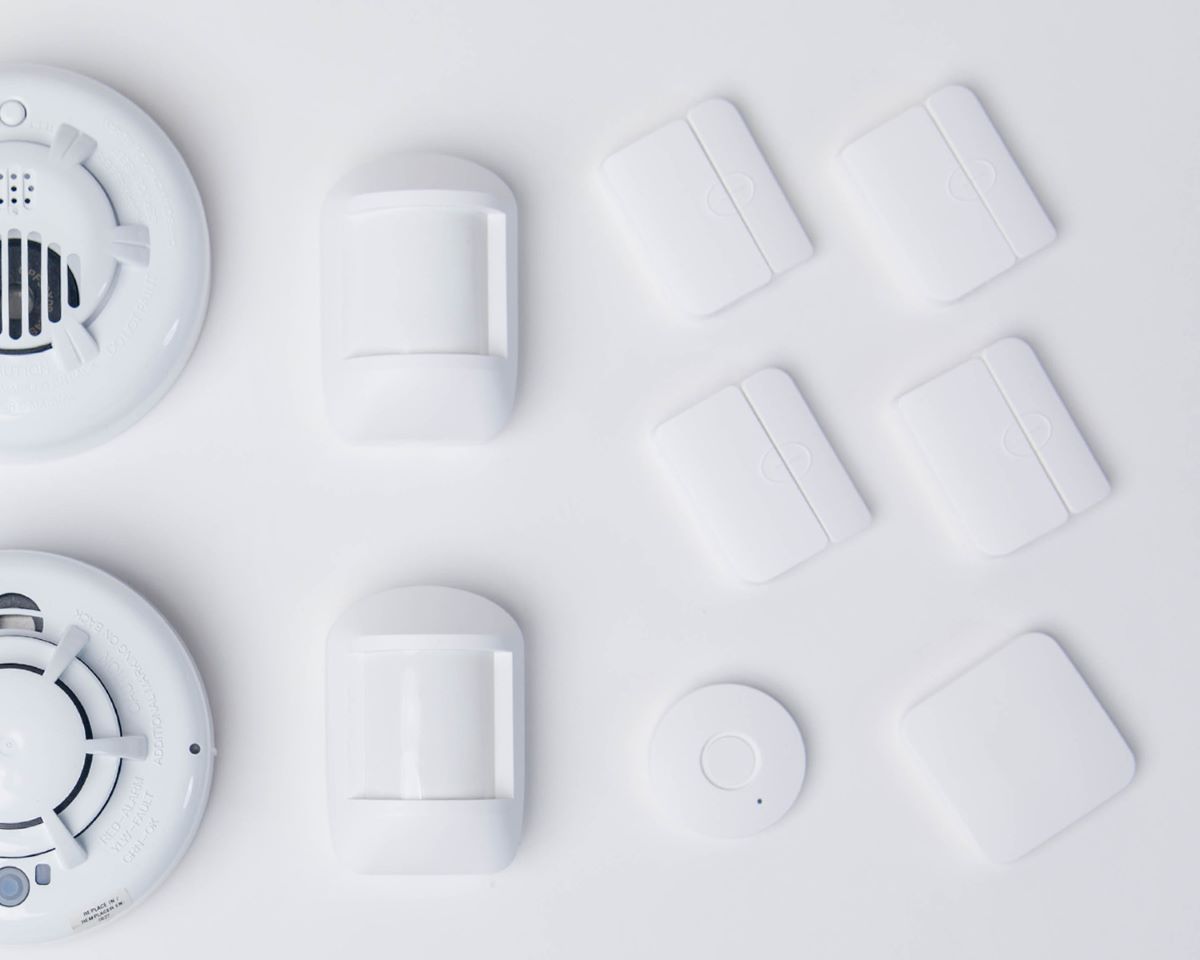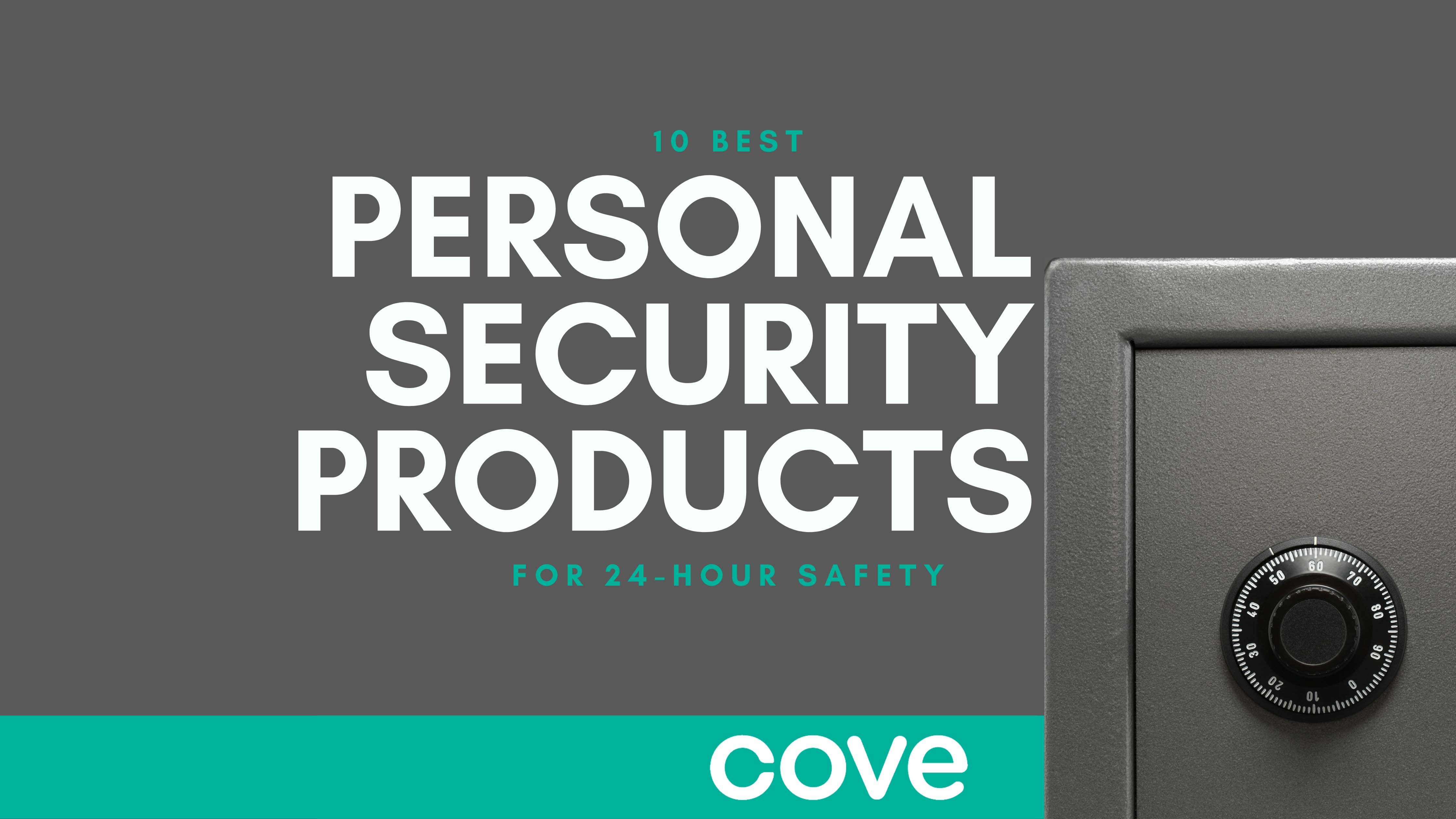Stay Aware: An Entrance Alarm for Your Home and Business
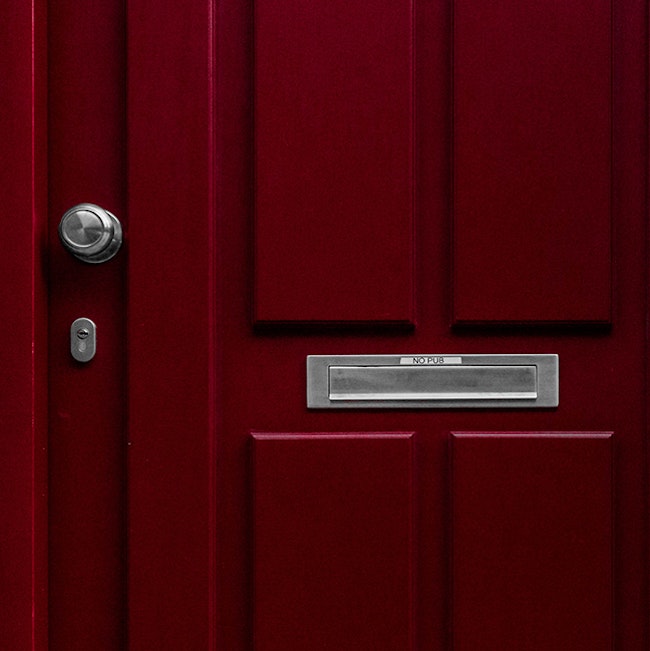
Under normal circumstances, having unexpected visitors come over to the house is a welcome event. When customers enter your store looking to purchase goods, you and your employees know that a sale and good relations are imminent. But let’s be honest: the world today is not “business as usual”. Unexpected guests and violence against small businesses have necessitated the use of reliable security and crime deterrence.
]One of the most reliable ways of protecting your home and your business is to install some kind of alarm system. The University of North Carolina at Charlotte found that 60 percent of burglars are deterred by security systems. An Oregon news station found that nearly all burglars will run when an alarm is triggered. Alarms systems and their components come with many different devices and configurations, which is a great thing; you can customize your setup to fit your unique property and situation. Entrance alarms in particular are designed to warn you when someone is approaching or entering your home or business, whether they are friendly or hostile. Here are a few of the types of alarm systems and devices you can install to help give you the edge over anyone that might harm your family, your livelihood, and your peace of mind.

What Kinds of Alarm Devices Are There?
No two alarm systems are alike. This is a strength instead of a weakness: this means each can be tailored to fit the design and needs of your property. Each device you install to your doors, windows, driveways, and yard will give you a specific alert, allowing you to make decisions on how to proceed when your home of business is threatened. Whether you assemble your alarm system yourself or rely on a professional security company to install your alarm system for you, you should be aware of a few devices which can help keep your property secure.
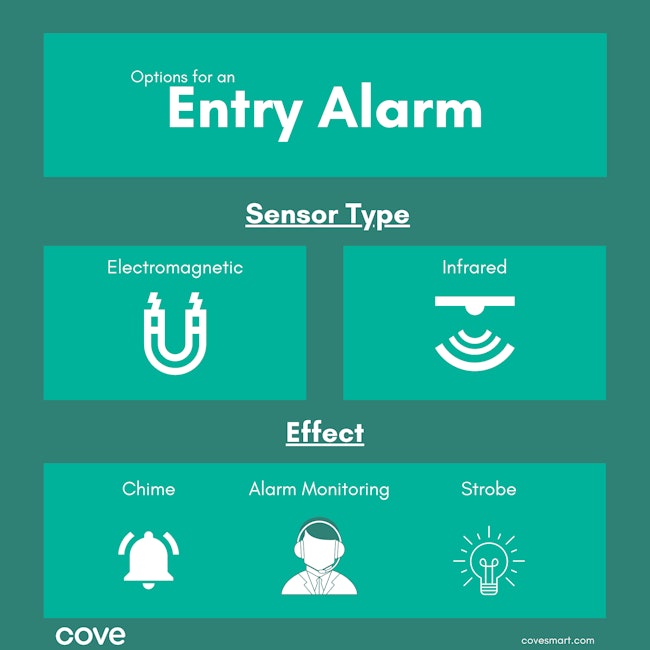
Door and Window Entry Alarm Devices
Thieves are not what you see on television: the majority of burglars are not trained experts at all. In fact, according to some studies of crime behavior, 34% of burglars enter home right through an unlocked front door. 22% go through an unlocked back door, and 23% go through an unlocked first floor window. Knowing all of the weaknesses of your home and business can allow you to take steps to protect against those vulnerabilities.
Available at CoveSmart.com are two handy devices that rely on the same technology: a wireless door sensor and wireless window sensors. These pieces of technology come in two parts, each a component that links to the other through a magnetic field. With one attached to the frame of your window or door, and the other attached very closely to your window or door, the window sensor goes off when the two components are separated and their magnetic link is broken. With a long battery life, these passive devices are excellent for any door or window in your home or place of business.
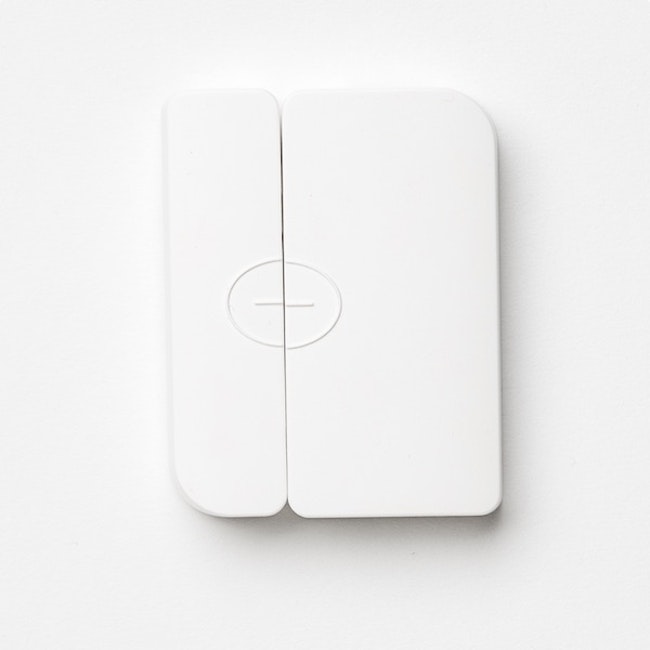
Driveway Alarms and Gate Alarms
Sometimes it isn’t enough to know if someone has approached your door. Giving yourself as much warning as possible is a good way of protecting your home, especially if you have a long driveway or road to your property. Set at the edge of your driveway , a driveway alarm works in one of two ways. The first are driveway alarms that sense the vibrations of a moving vehicle. The other is an electromagnetic sensor capable of detecting the metallic signature of large objects such as automobiles. Either way, these alarms can sound a chime or customized doorbell chime in your home to let you know that a vehicle has arrived. In combination with a security camera, if you were not aware of anyone visiting your home, you can identify the driver and passengers before any trouble can begin. These systems often come with additional charms to help you identify which monitors have been activated.
Another type of alarm that can play an integral part in your home security is a gate alarm. Very few people go into someone else’s yard with permission, and these alarms can give you advanced notice that someone is trying to sneak into your home through a backdoor or window. As we will talk about in the next point, these alarms work through IR (or infrared) technology, identifying movement wirelessly through the sensor and relaying that signal to a doorbell or chime inside your home.

Infrared Alarms and Motion Alarms
If you have ever seen a motion-activated light on a home before, you have seen the effects of an infrared alarm. To put it simply, infrared sensors work through the use of invisible infrared radiation. There are two types of IR sensors: typical active IR sensors that detect movement through the interruption of an emitted IR beam, and PIR (or passive infrared) sensors that detect the presence of heat. Both are great at identifying movement, although they both have a limited detection range. Whether you use one or the other, they are good tools for alerting you if people are approaching your home. Keep in mind, however, that these sensors will also sense the movement of animals like pets or even wild animals that move through your property. This may be helpful if any of these animals are dangerous, but other times it can be a nuisance.
Entrance Alarms for Businesses
If you enter through the door of a small business, you may have heard one of these chimes. Entrance alarms hook up to your entry door and let off a noise of their own or wirelessly set off an alarm to the back of your store to let you or your employees know that a customer has entered. This entrance alert will also sound if your door is being forced open during off-hours. Attached to your business’s alarm system, some of these alarms can contact you remotely if motion is detected by your motion sensor. In connection with your alarm system, interior cameras, and outdoor cameras, you can catch criminals in the act and allow you to contact authorities immediately.

Flashing Strobe Alarms
Used primarily in commercial or industrial settings, flashing strobe alarms activate along with your security, alerting you and your factory floor that something has gone wrong. During off-hours and connected to an audible alarm, these lights and alarms are fantastic at deterring crime: no one would want to be caught on camera or by security with such an alarm and lights blaring in the middle of the night. A flashing strobe light can also be used in the homes of owners who may be hearing-impared to let them know that your home alarm has been triggered.
Which Type of Entrance Alarm System Should I Purchase?
Now that you are aware of some of the tools that are used to detect criminals and alert you of the danger, it is time to decide how you will assemble your system. There are a couple of ways to ensure you put your entrance alarm together properly depending on the amount of expertise you have as well as the cost of the alarm you purchase. DIY security is a good option, especially if there are only one or two items of protection you want to add to your home or business. Or you can purchase an entire security system from a certified security company. Both have their advantages and disadvantages, and here are a few of each of them.
DIY Security System
The first way to make your home and business secure is to take matters into your own hands and assemble and install your own do-it-yourself system. Cove’s specialty is certified DIY security; all of our products are inexpensive and run from a single easy-to-use touch alarm panel. Cove offers DIY savings with no contract and professional level monitoring. The procedure to install our products is very simple, and you can choose to upgrade your entire home with some of the items mentioned above, such as door and window sensors, interior cameras, and even glass break detectors that alert a sensor when the specific high-frequency sound of glass breaking has been heard.
Cove products are all very easy to install. But other DIY systems may make installation rather difficult, especially if they are made by different manufacturers. Making cameras work with independent recorders, for example, can be a nightmare to install unless you have done the procedure before.
If you want a system that runs exactly the way you want it to, a DIY system is certainly the way to go. And Cove makes it so easy a child could do it.
Certified Business Alarm System
The other method of installing security is to rely on a certified security company to install one for you. Companies such as Vivint, Alder, or ADT have been founded to do exactly this. Their packages feature many of the tools featured above, although each may specialize in a select few tools over others, like cameras or home automation. With a complete system that functions as a full unit, a professional unit can be easier to understand and use right after installation. The main drawback for professional installation is the price of the service. You will be spending a high cost monthly for 24/7 monitoring and will likely be required to sign a three to five-year contract that is very difficult to cancel.
If you choose to go the professional route, make sure the company you choose has been insured and carries a license from your county to operate.
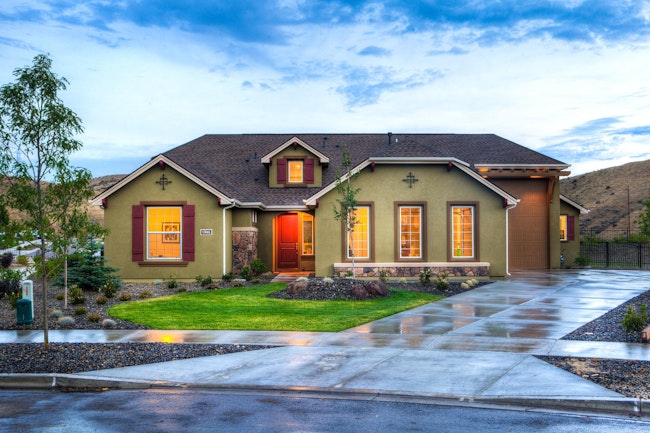
Understanding Complete Security System Certification
If you choose to work with a security system that functions with 24/7 monitoring and automatic alerts, there is one important point to note: false alarms. A false alarm is when your security system is set off by something other than an immediate emergency or threat, and authorities are called only to discover nothing has happened. This can occur due to a variety of reasons, such as kids triggering the alarm during the middle of the day, improper deactivation of the alarm during the night, or even setting off your smoke detector accidentally (should it be part of your security system).
The consequences of a false alarm can vary from county to county in the United States. As an average rule, a home or business will be allowed two or three false alarms in any given year before the county starts charging fees. The price on these fees can become steep with each additional false alarm. Worse, these fees will often be compounded by your security company, as they will also face a fee and pass it along to the customer.
To give you an idea of why false alarm penalties are so harsh, all fire departments in the United States respond to over 2.2 million false alarms every year. For police departments, 90% to 95% of all calls ended up being false alarms. Not all of these are due to home or business security alarms going off falsely. But you can see the burden it puts on an already-burdened system when real emergencies are going on elsewhere.
This should not deter you from considering 24/7 monitoring in your security system, as these types of alarms can truly save your life, your family, and your livelihood. But it is important to understand the responsibilities of owning a security system and being able to control it properly. Whether you choose a professional alarm system or a DIY system, good habits will keep you protected in more ways than one.
Ready to get started?
Take this short quiz to build your customized system today!
Takes less than a minute
